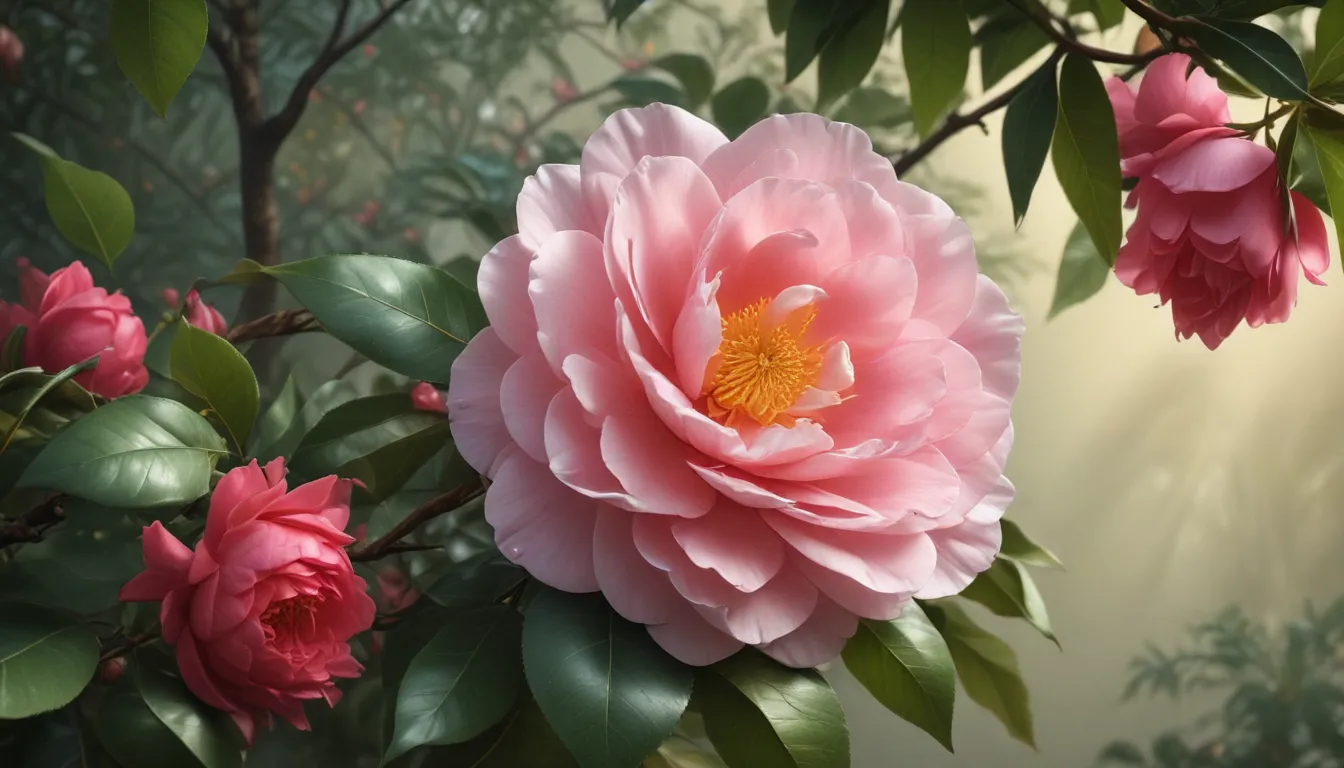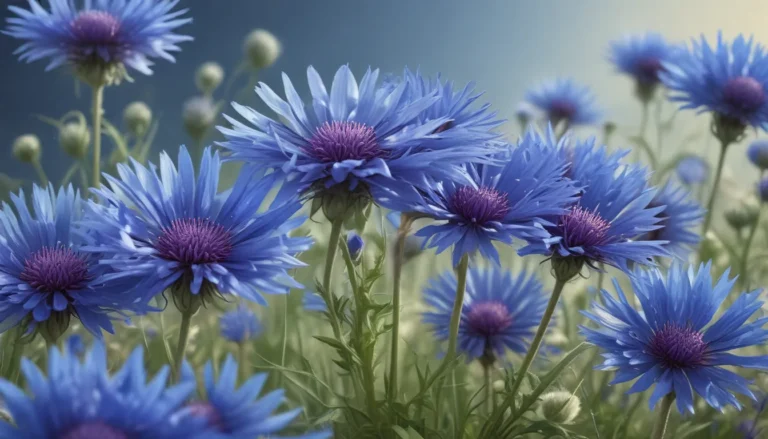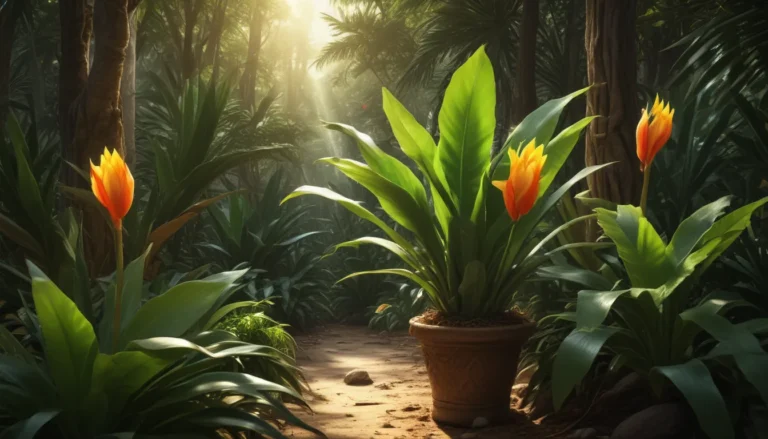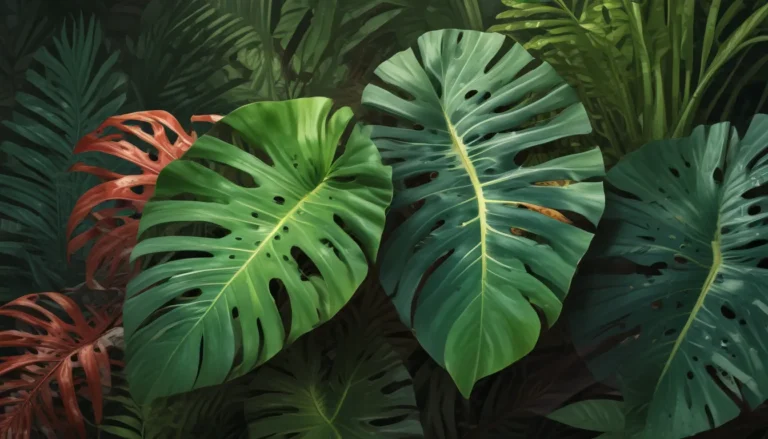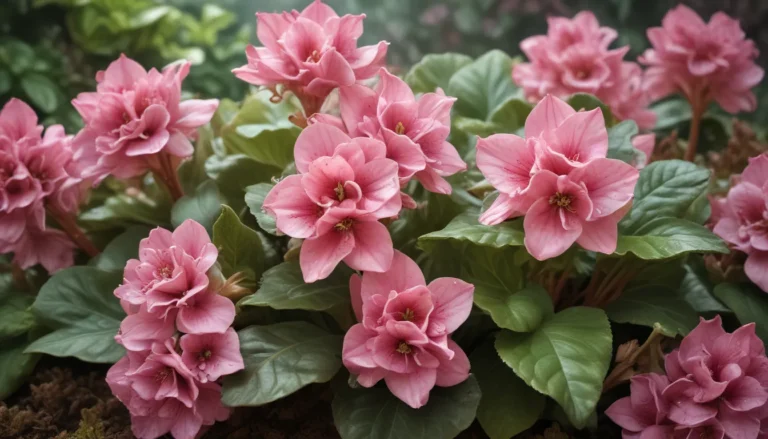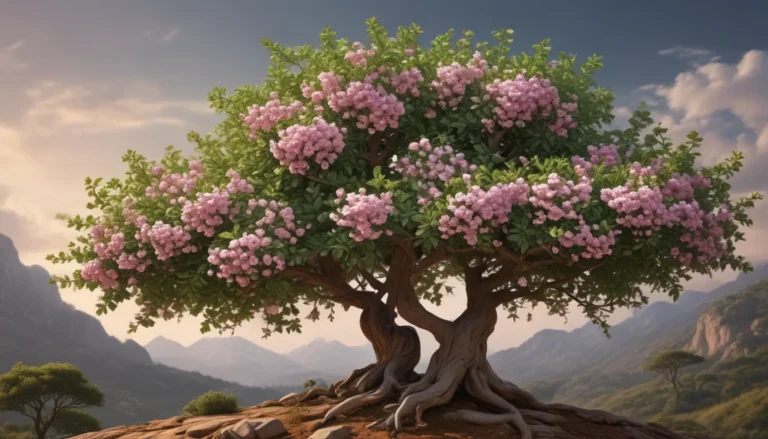The pictures we use in our articles might not show exactly what the words say. We choose these pictures to make you interested in reading more. The pictures work together with the words but don’t take their place. The words still tell you the important facts.
Are you captivated by the beauty and allure of the Camellia plant? Known for its stunning blossoms, glossy deep green foliage, and rich history, Camellia has enchanted gardeners and plant enthusiasts for centuries. Native to East Asia, this extraordinary plant holds a fascinating array of secrets waiting to be uncovered. Join us as we delve into the mysterious world of Camellia and explore eight intriguing and lesser-known facts that will deepen your appreciation for this remarkable plant.
The Symbol of Refinement
The Camellia is revered worldwide for its beauty, elegance, and symbolism. It is often associated with refinement, grace, and admiration. In various cultures, the Camellia serves as a symbol of sophistication and charm, making it a beloved flower for both aesthetic and symbolic reasons.
An Ancient Flower
With a history dating back thousands of years, the Camellia is an ancient flower steeped in tradition and culture. First cultivated in China, this majestic plant has been cherished in Asian cultures for centuries. Its timeless beauty and enduring appeal have made it a symbol of longevity and grace.
Diverse Varieties
Did you know that there are over 300 species of Camellias, each with its unique characteristics and color variations? From delicate pastels to vibrant hues, the Camellia offers a wide range of options for flower enthusiasts. Whether you prefer subtle shades or bold colors, there's a Camellia variety to suit every taste and preference.
Tea from Camellia sinensis
One of the most fascinating aspects of Camellia is its association with tea production. Camellia sinensis, a species of Camellia, is used to produce a variety of teas, including green tea, black tea, and white tea. Renowned for their distinct flavors and health benefits, these teas have become beloved beverages enjoyed worldwide.
Hardy and Resilient
Camellias are incredibly hardy plants that can thrive in a wide range of climates. Known for their resilience, they are suitable for both indoor and outdoor cultivation. Whether you're a seasoned gardener or a novice plant enthusiast, Camellias are an excellent choice for adding beauty and elegance to your garden or home.
Cultural Significance
In Japanese culture, the Camellia symbolizes the samurai spirit and is associated with bravery and honor. In Chinese culture, this flower represents love and devotion, adding a layer of cultural significance to its already rich history. The Camellia's presence in various traditions and ceremonies underscores its importance as a symbol of cultural heritage and pride.
Camellia Festival
Around the world, various regions celebrate the beauty of Camellias through annual festivals. These events showcase different varieties of Camellias and attract visitors from far and wide. Whether you're a seasoned Camellia enthusiast or a curious tourist, attending a Camellia festival is a wonderful way to immerse yourself in the beauty and diversity of these captivating flowers.
Camellias in Literature
The Camellia has left its mark on literature, making appearances in notable works such as Alexandre Dumas’ “The Lady of the Camellias.” Its elegant blooms and symbolic significance add a touch of sophistication and allure to these literary masterpieces. The Camellia's presence in literature serves as a testament to its enduring appeal and cultural significance.
In conclusion, the Camellia is a truly fascinating plant with a rich history and captivating characteristics. Whether you're a plant enthusiast or simply appreciate the beauty of nature, exploring the enigmatic facts about Camellia is sure to deepen your appreciation for this remarkable plant. From its ancient origins to its cultural significance, the Camellia continues to intrigue and inspire us with its timeless beauty and rich heritage.
Next time you encounter a Camellia plant, take a moment to admire its elegance and reflect on the mysteries that lie within its petals. Let the Camellia remind you of the wonders of the natural world and the endless beauty it has to offer.
FAQs About Camellia:
- Q: What is the meaning behind the name “Camellia”?
-
A: The name “Camellia” is derived from the botanist Carl Linnaeus, who named the plant after Jesuit botanist Georg Kamel to honor his contributions to botany.
-
Q: Are all Camellia flowers always in shades of pink?
-
A: No, Camellias come in a wide range of colors, including pink, red, white, and variegated varieties. The color of the flower depends on the specific cultivar and can vary significantly.
-
Q: Can Camellias be grown in different climates?
-
A: Camellias are versatile plants that can be grown in various climates. While they thrive in moderate to cool climates, there are also varieties that can tolerate warmer temperatures. It is essential to choose the appropriate cultivar for your specific climate.
-
Q: Are Camellias easy to care for?
-
A: Camellias require specific care to ensure optimal growth. They prefer well-draining, slightly acidic soil and thrive in partial shade. Regular watering and fertilization are also necessary for healthy growth.
-
Q: Can Camellias be used for medicinal purposes?
-
A: Yes, various parts of the Camellia plant, such as leaves and seeds, have been used in traditional medicine for centuries. Camellia oil, extracted from the seeds, is known for its moisturizing and anti-inflammatory properties.
-
Q: How long do Camellia flowers last?
-
A: The duration of Camellia flowers can vary depending on the cultivar, growing conditions, and climate. Generally, the blooms can last from a few weeks to a couple of months, making them a delightful addition to any garden or floral arrangement.
-
Q: Can Camellia plants be propagated from cuttings?
- A: Yes, Camellias can be propagated from cuttings. Softwood cuttings taken in the spring or semi-hardwood cuttings taken in late summer or early autumn have the highest success rates for propagation.
Camellias are more than just beautiful flowers; they are a symbol of cultural heritage, tradition, and natural beauty. Whether you're exploring their rich history, attending a Camellia festival, or caring for these resilient plants in your garden, there's always something new and fascinating to learn about Camellias. Dive into the world of Camellias and uncover the enchanting secrets that make these flowers truly exceptional.
